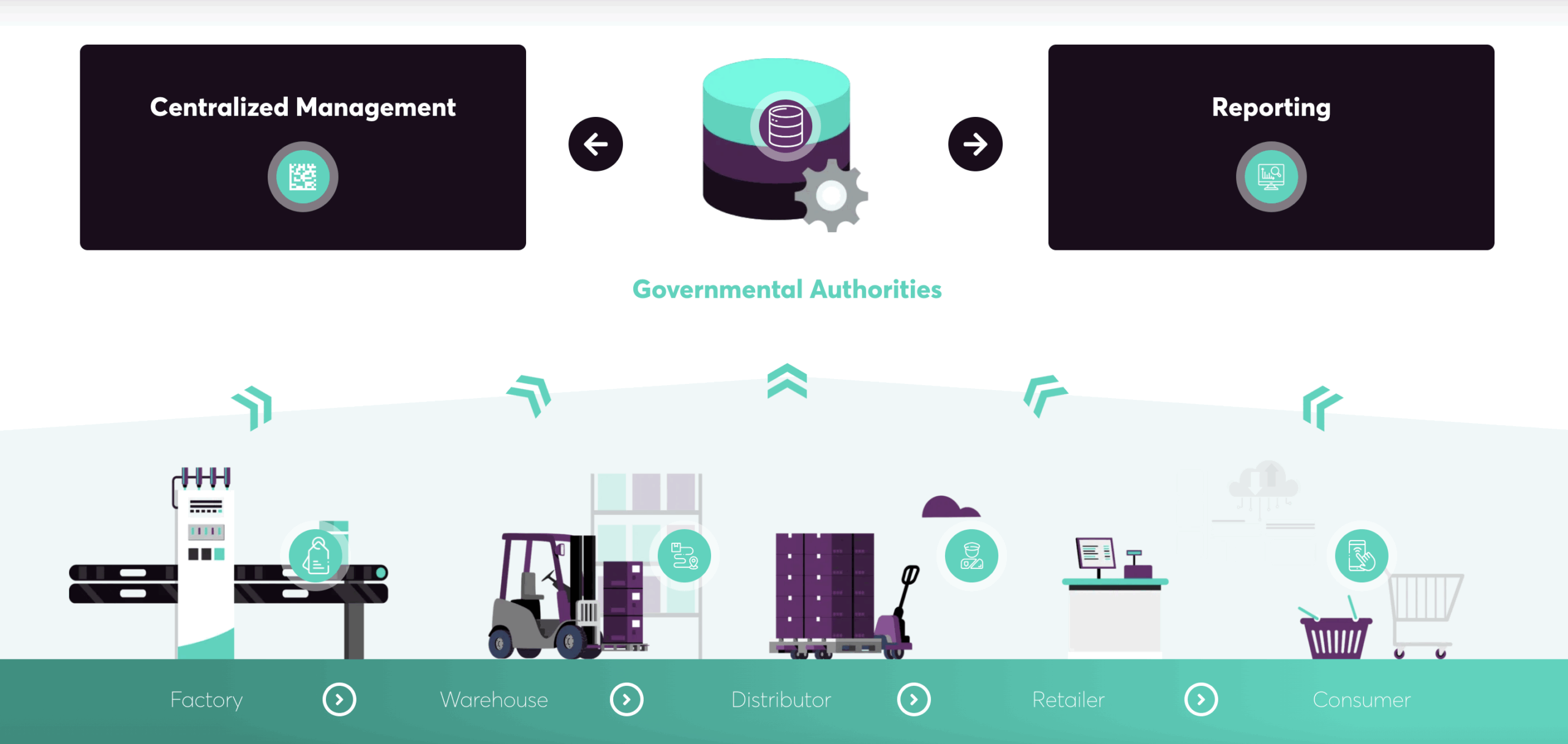How Governments Can Fight Back
By Jeremy Stilman and Cecília Iwamoto
Illicit trade, often operating in the shadows of global economies, may seem intangible, but its consequences are all too real. Beyond lost tax revenue, it fuels crime, undermines public safety, strains healthcare systems, and erodes trust in institutions. The burden falls heaviest on vulnerable communities and governments already stretched thin.
Illicit trade creates fundamentally unfair market conditions that extend far beyond lost tax revenue. When criminal networks bypass regulations, taxes, and quality standards, they can undercut legitimate businesses by 20-40% on price alone. This isn’t just competition—it’s market manipulation that rewards bad actors while punishing law-abiding companies.
The Scale of the Problem
Illicit trade is now estimated to generate between $3–5 trillion annually – roughly 3–5% of global GDP. If it were a country, it would rank among the world’s top economies, larger than Germany or Japan. This shadow economy exploits legitimate trade systems while bleeding governments of vital revenue.1
Beyond Revenue Loss: The Resource Drain
The costs extend far beyond financial losses. Unregulated products harm public health—tobacco alone is projected to cause 164,000 avoidable premature deaths annually by 2030, with the vast majority occurring in middle- and low-income countries where healthcare resources are already limited. 2
Governments are also locked in an arms race with increasingly sophisticated criminal networks. Customs and enforcement agencies must invest heavily in technology, training, and cross-border cooperation – diverting resources away from education, infrastructure, and social programs.
Societal and Global Impacts
Illicit trade weakens institutions, distorts markets, and entrenches organized crime. The result is a vicious cycle: lost revenues limit enforcement, allowing criminal networks to flourish.
With supply chains that cross borders effortlessly, illicit trade is not just a local problem but a global governance challenge. No single country can fight it alone.
Strategic Imperatives for Action
To combat illicit trade, governments need more than traditional enforcement. They need:
- Stronger International Cooperation – Coordinated operations, data sharing, and harmonized standards.
- Technology Integration – Modern tracking and detection systems to identify and deter crime.
- Supply Chain Transparency – Tools that allow businesses and regulators to authenticate goods and protect consumers.
- Smarter Economic Policies – Tackling the root causes and incentives that fuel illicit trade.
While these strategic imperatives may seem daunting, governments worldwide are discovering that modern technology can be the great equalizer in the fight against illicit trade. Advanced track-and-trace systems, real-time data analytics, and integrated supply chain monitoring are no longer luxuries—they’re necessities for staying ahead of criminal networks that already leverage sophisticated digital tools. The question isn’t whether to adopt these technologies, but how quickly governments can implement comprehensive solutions that address all four strategic imperatives simultaneously.

How Inexto Supports Governments in this Battle
Inexto believes that government authorities, law enforcement, and the private sector must work together to tackle this global problem. Adopting modern technology solutions is essential to keeping pace with today’s illicit trade networks.
Our Government Solution is a modular, customizable system that gives authorities complete visibility and control over the production, import, export, and distribution of goods. It covers a wide range of excisable and “sensitive” products and is designed to meet the needs of all stakeholders, from ministries and tax authorities to customs and manufacturers.
Key benefits include:
- Increased tax revenue collection
- Stronger regulatory control
- Cost savings and optimized resource allocation
- Data-driven decision-making powered by analytics
- Flexibility to adapt to evolving regulations and market demands
- Applicability across industries such as tobacco, beer, spirits, wine, soft drinks, and bottled water
By combining cutting-edge technology with international collaboration, Inexto helps governments turn the tide against illicit trade – protecting both revenues and citizens.
Take Action Today
The cost of inaction grows with every passing day. While criminal networks evolve, governments that act decisively are already seeing results—increased tax collection, stronger border security, and restored market confidence.
Schedule a Strategic Consultation: Speak with our government solutions specialists about your specific challenges and objectives
Sources
1. Illicit Trade is Emerging as a Top 5 World Economy (GDP) in 2024: Yielding Criminals, Bad Actors, and Threat Networks Between $3-5 Trillion a Year in Illicit Wealth | ICAIE – International Coalition Against Illicit Economies
2. The impact of eliminating the global illicit cigarette trade on health and revenue – PubMed
3. Illicit trade | OECD



